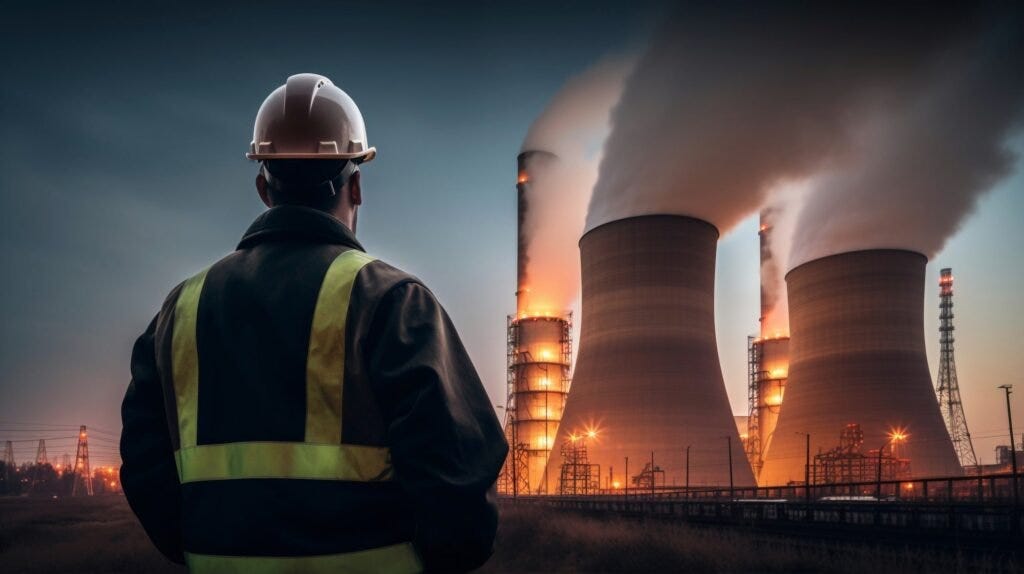
Water, one of the key essence of life on Earth, constitutes a significant portion of our planet, with 71% enveloped in its embrace. However, a mere 1.2% of this vast resource is available as drinking water, making its preservation paramount. Unfortunately, as humans interact with the environment, the once pristine water sources are becoming increasingly contaminated, posing a grave threat to human existence.
At the heart of this crisis lies industrial waste, the byproduct of various industrial activities encompassing factories, mills, and mining operations. The discarded waste materials, loaded with toxic chemicals, find their way into water bodies, altering their color and mineral composition which not only disrupts aquatic ecosystems but also jeopardizes human health.
Industrial and agricultural runoff further worsen the problem, stemming from activities like overgrazing and the excessive use of fertilizers, insecticides, and pesticides. These pollutants infiltrate water sources, wreaking havoc on ecosystems and posing serious health risks to both humans and wildlife alike.
Livestock, when afflicted with illness, excretes infectious waste that contaminates soil and water bodies. Now, improper disposal compounds the issue, posing threats to marine life and public health. Diseases such as typhoid fever, cholera, and dysentery become rampant, with dire consequences including liver complications and even death.
To combat this alarming trend, stringent measures must be taken. For one, comprehensive wastewater treatment processes, employing both biological and chemical methods, are imperative to ensure the removal of all pollutants, rendering water safe for human consumption. Additionally, minimizing the use of harmful chemicals and embracing environmentally friendly alternatives for fertilizers and pesticides are crucial steps in mitigating pollution’s adverse effects on human health and water sources.
Community engagement is vital in tackling water pollution, with active participation in initiatives aimed at removing plastic waste from water bodies which can significantly alleviate the burden on aquatic ecosystems. Also, governmental authorities must enact and enforce strict regulations governing the disposal of industrial and agricultural runoff, holding accountable those who endanger our precious water resources.
To sum it up, the threat posed by industrial waste to Earth’s drinking water sources is a pressing concern that demands immediate action, and I believe that through concerted efforts at all levels, from individual citizens to governmental bodies, we can safeguard our water resources for present and future generations, ensuring a healthier and more sustainable planet for all.


